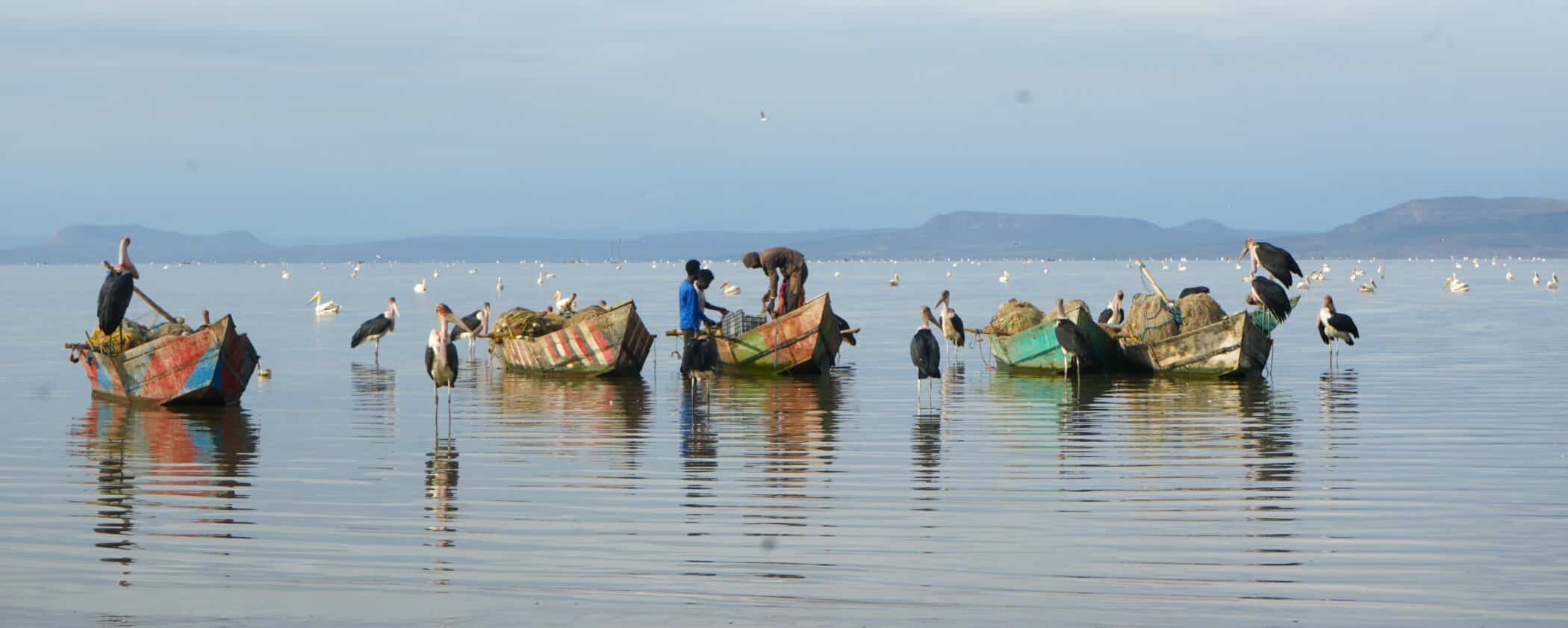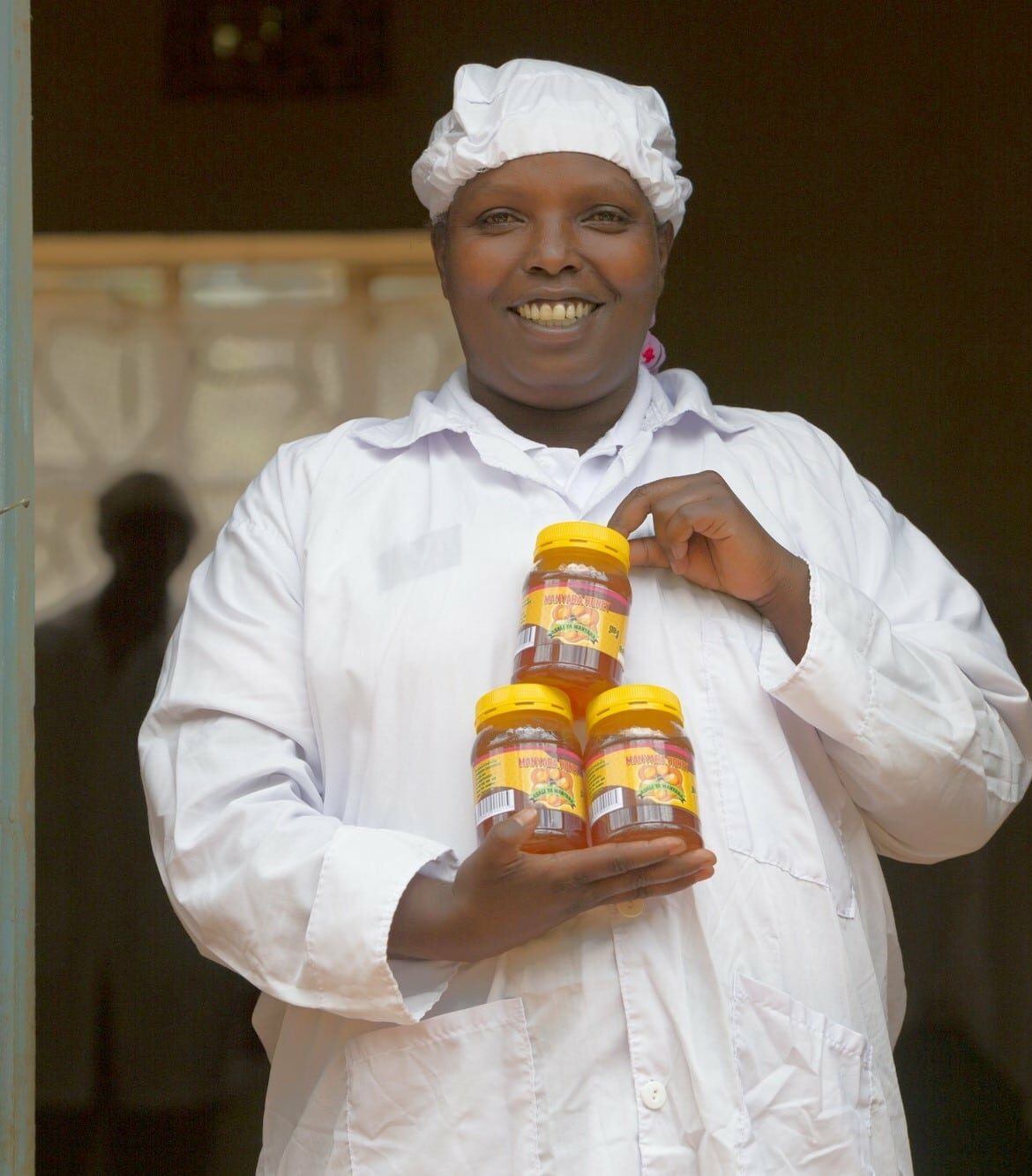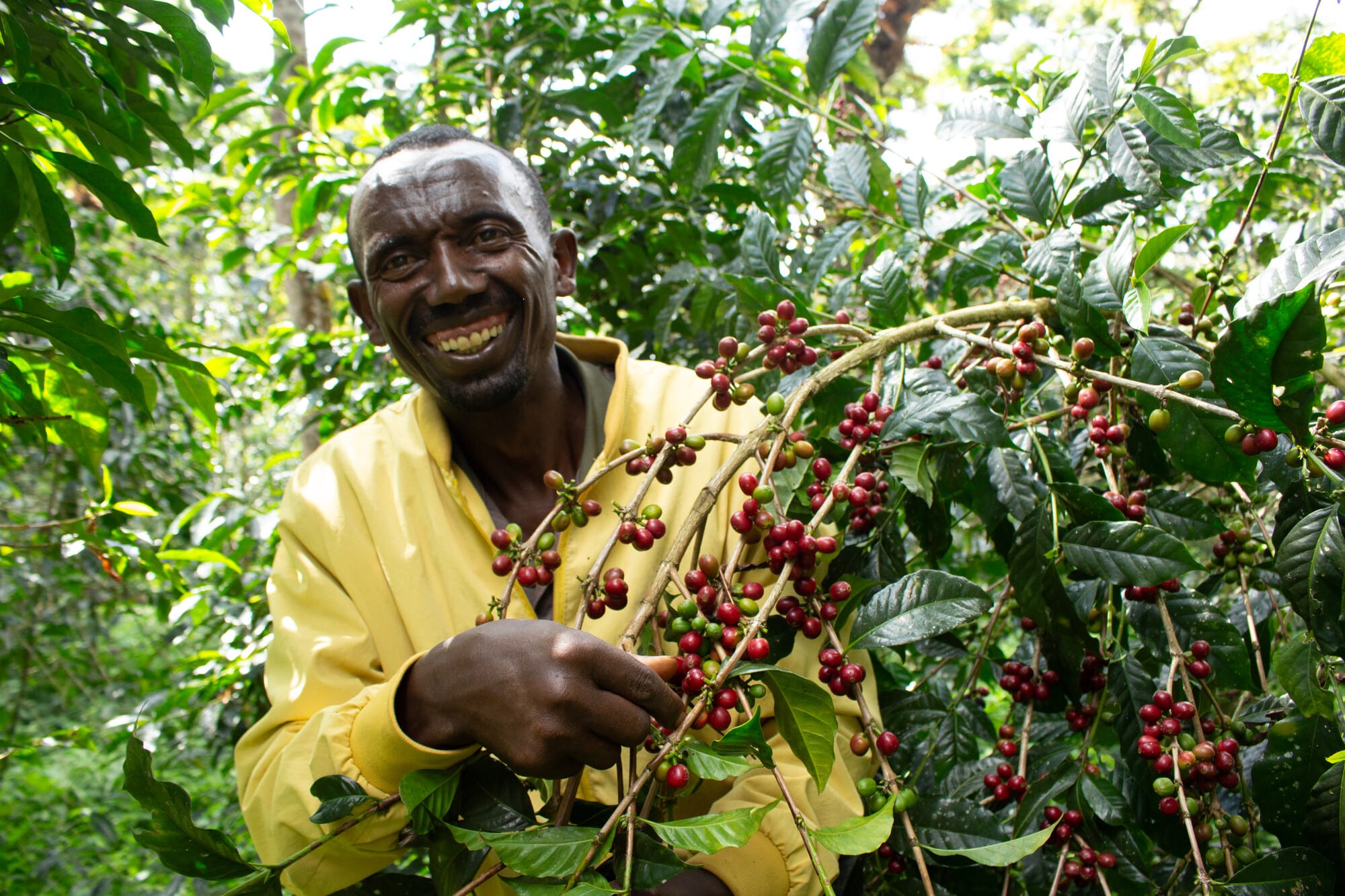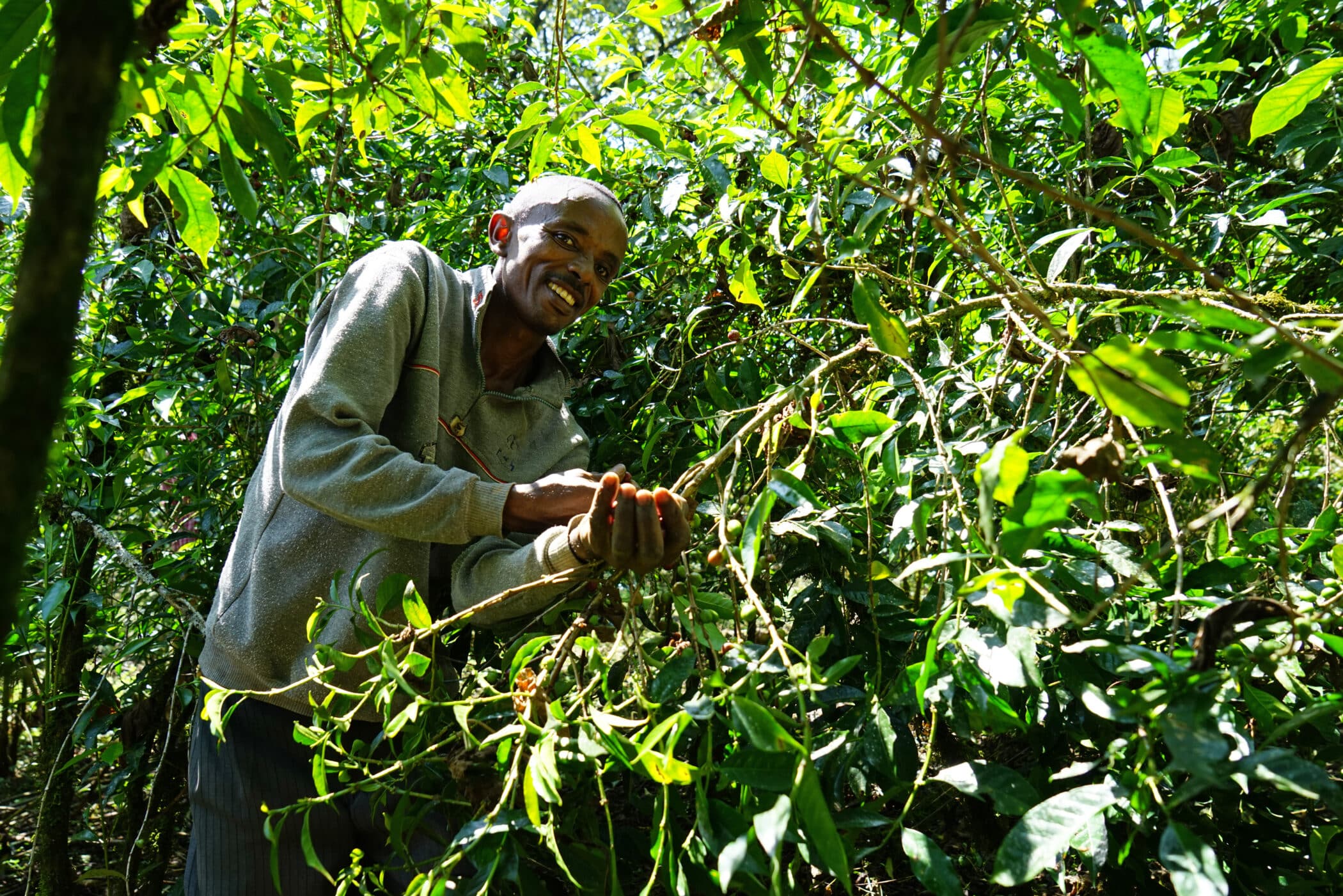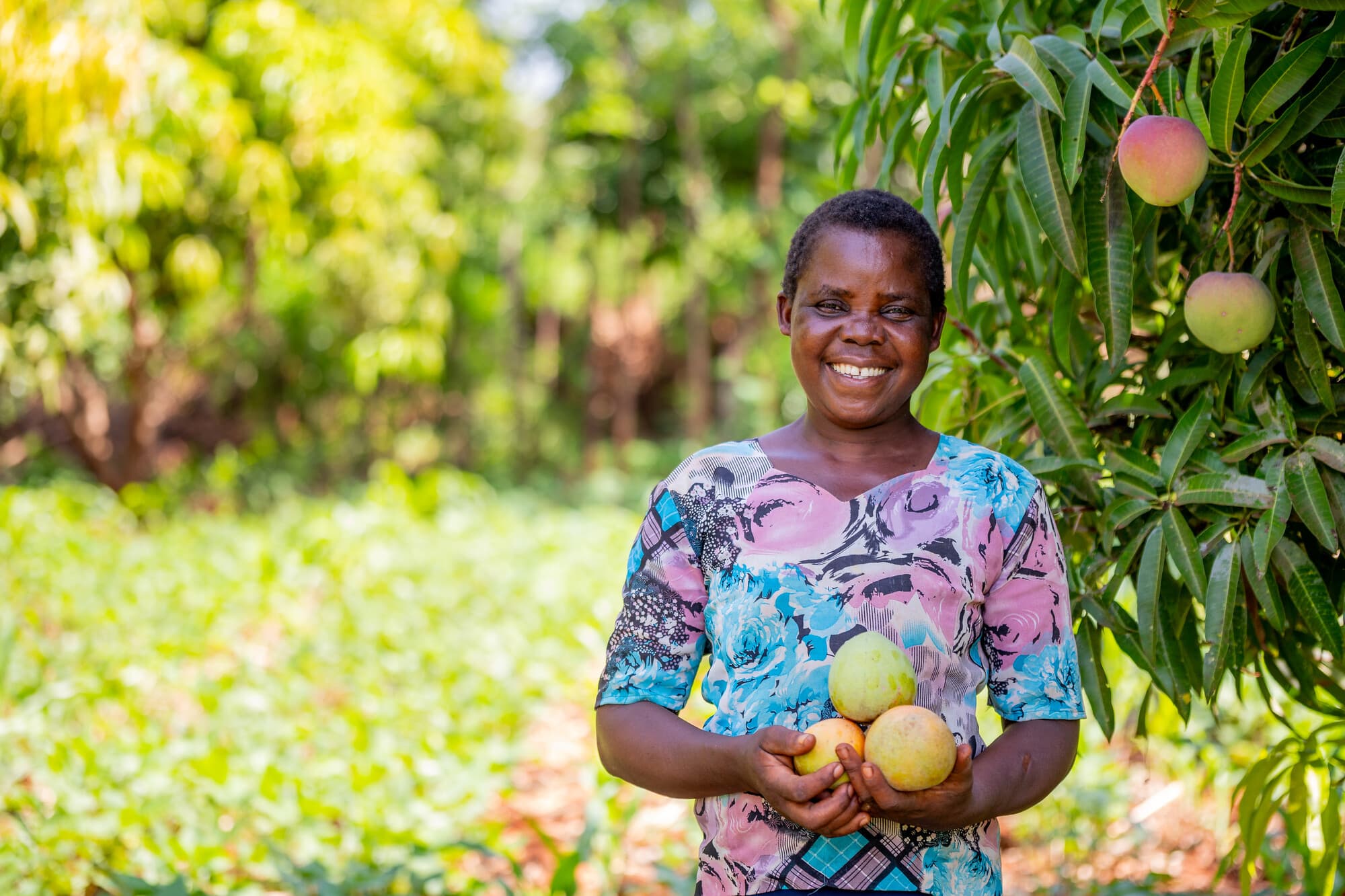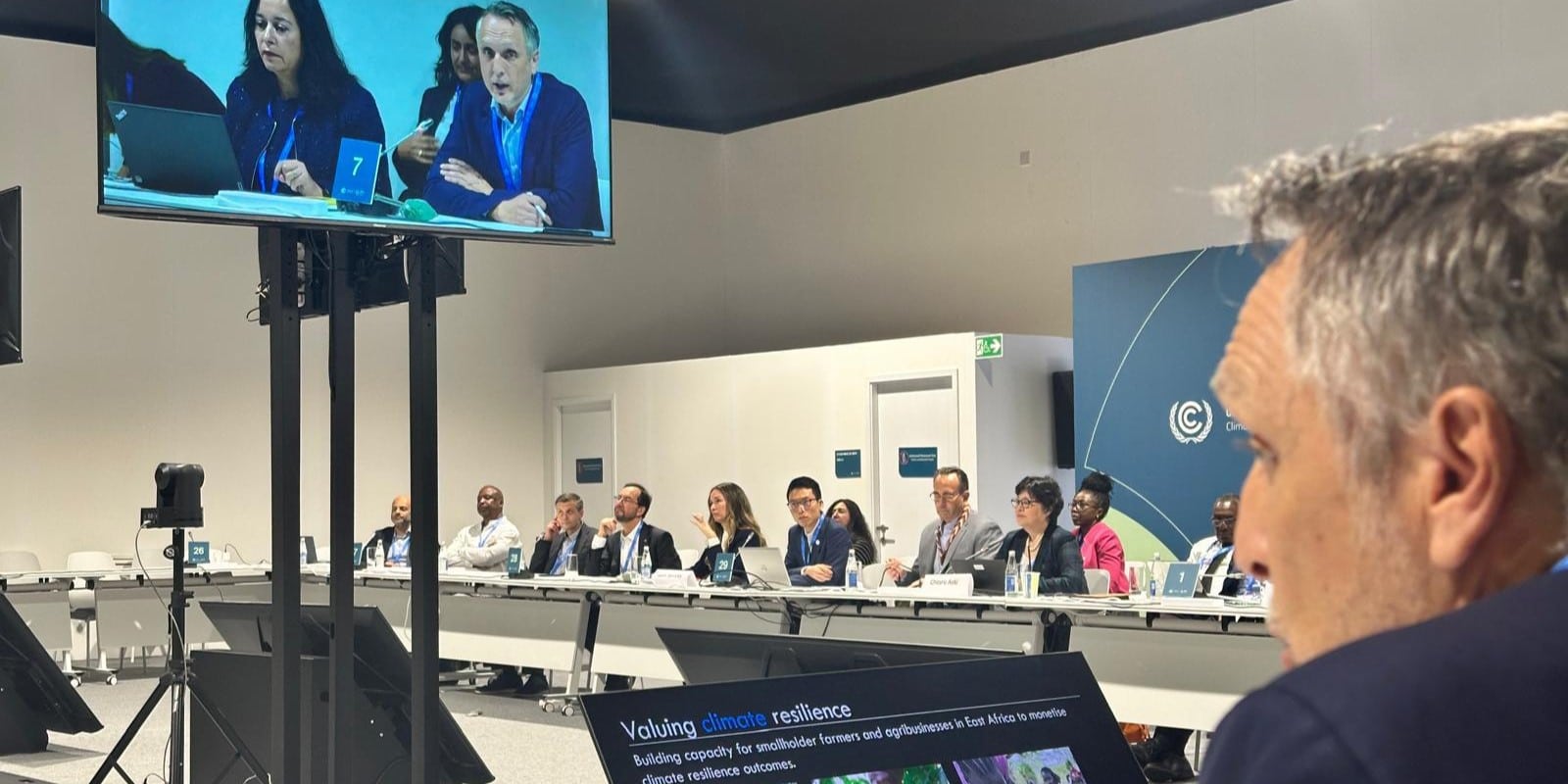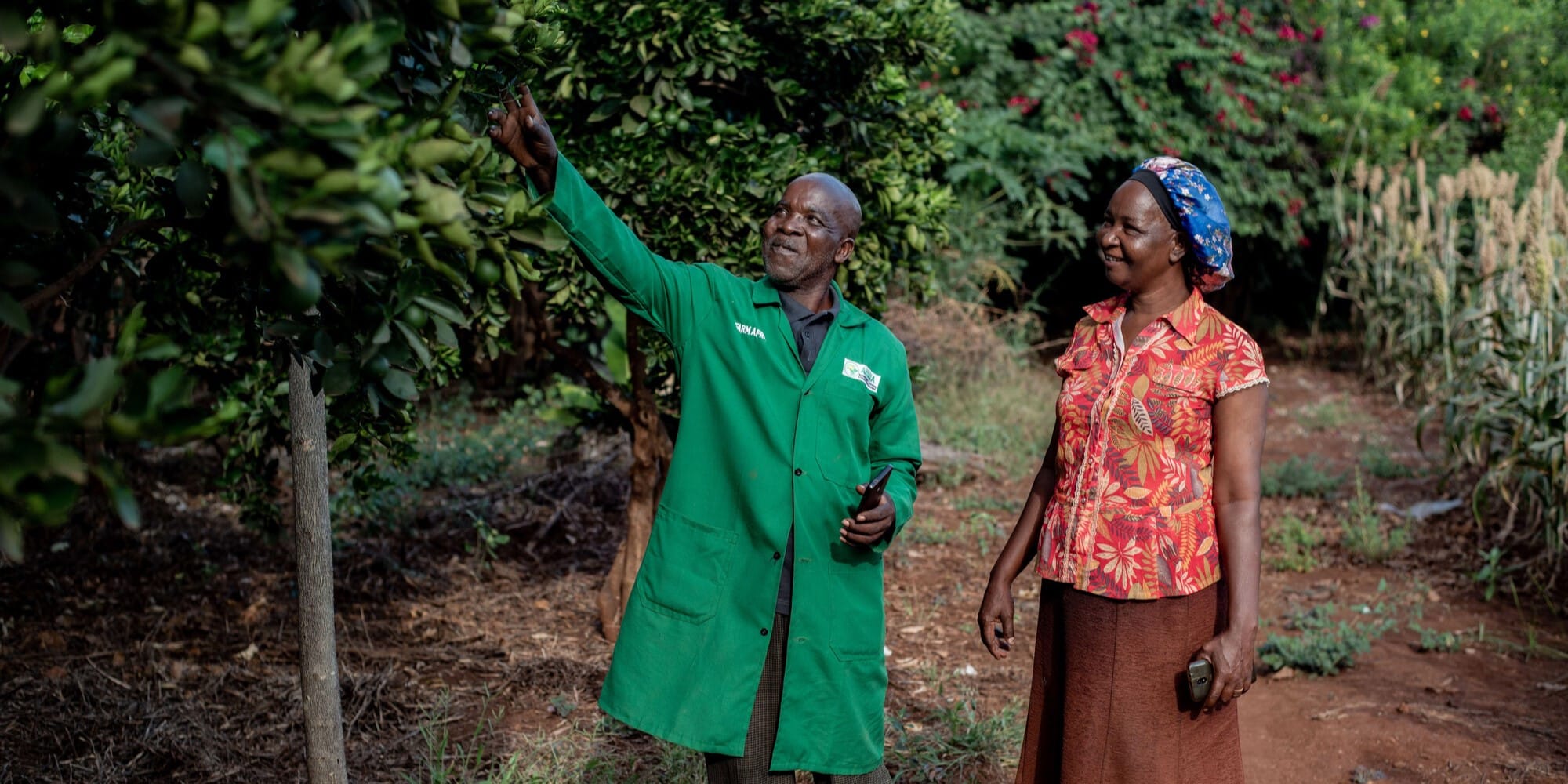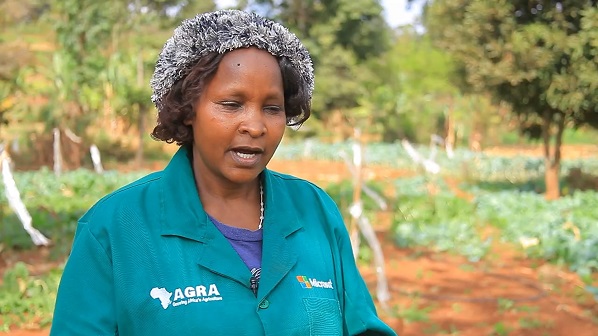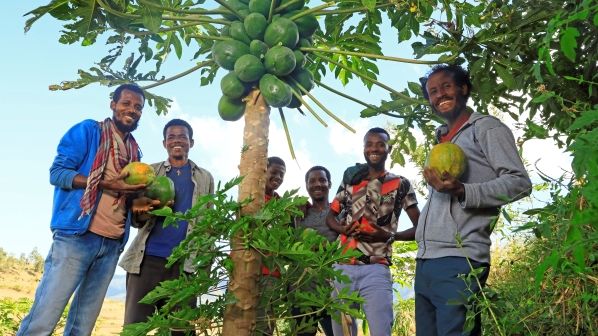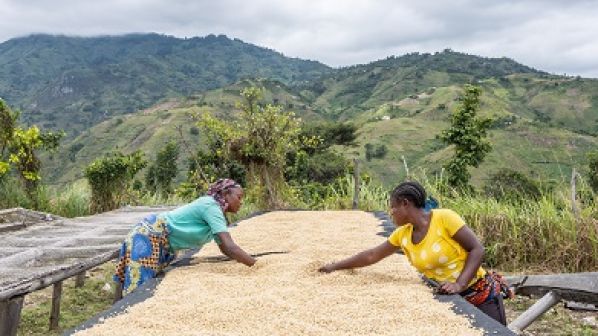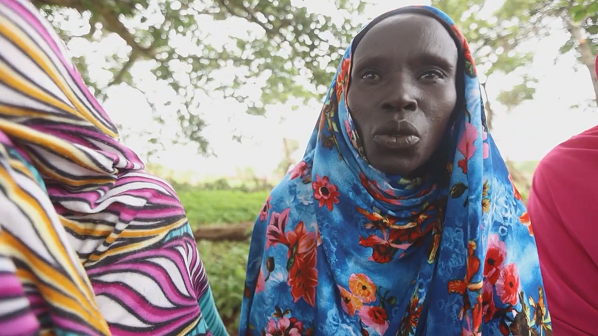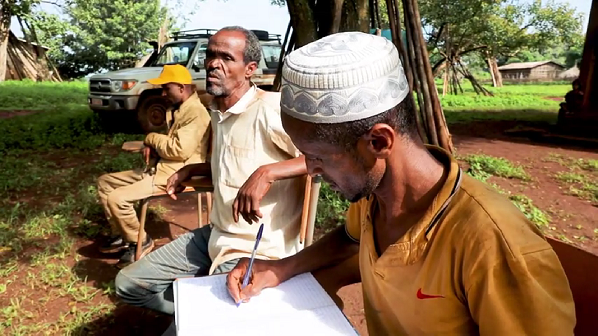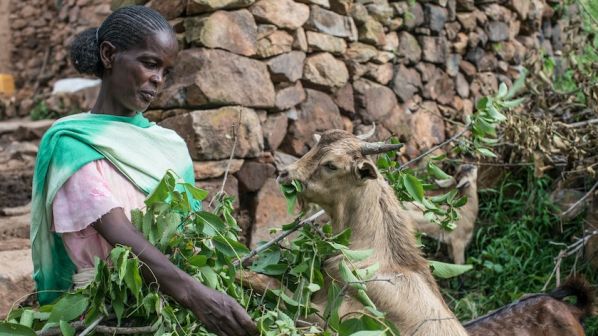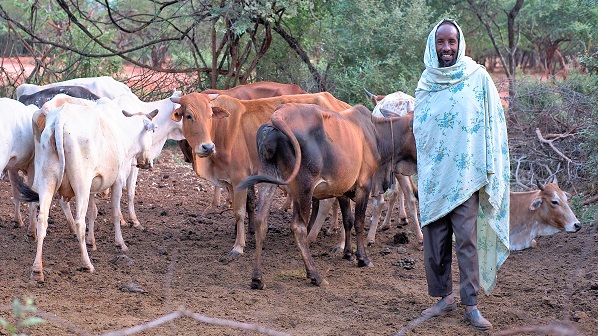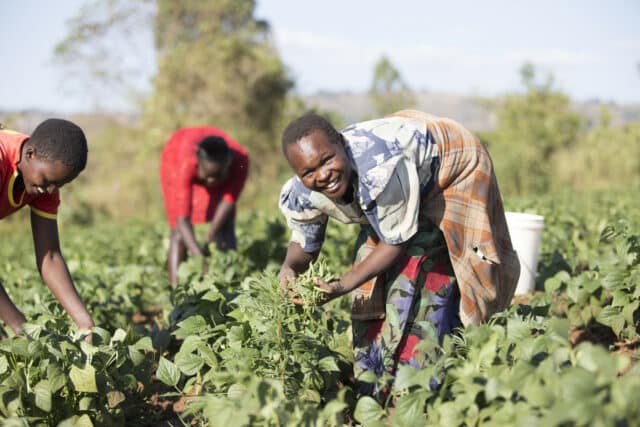The problem
Soil erosion, deforestation and destruction of grazing lands are damaging ecosystems across eastern Africa.
Widespread land degradation and disruptions to water flow are driving wildlife populations into decline and threatening the livelihoods of rural communities.
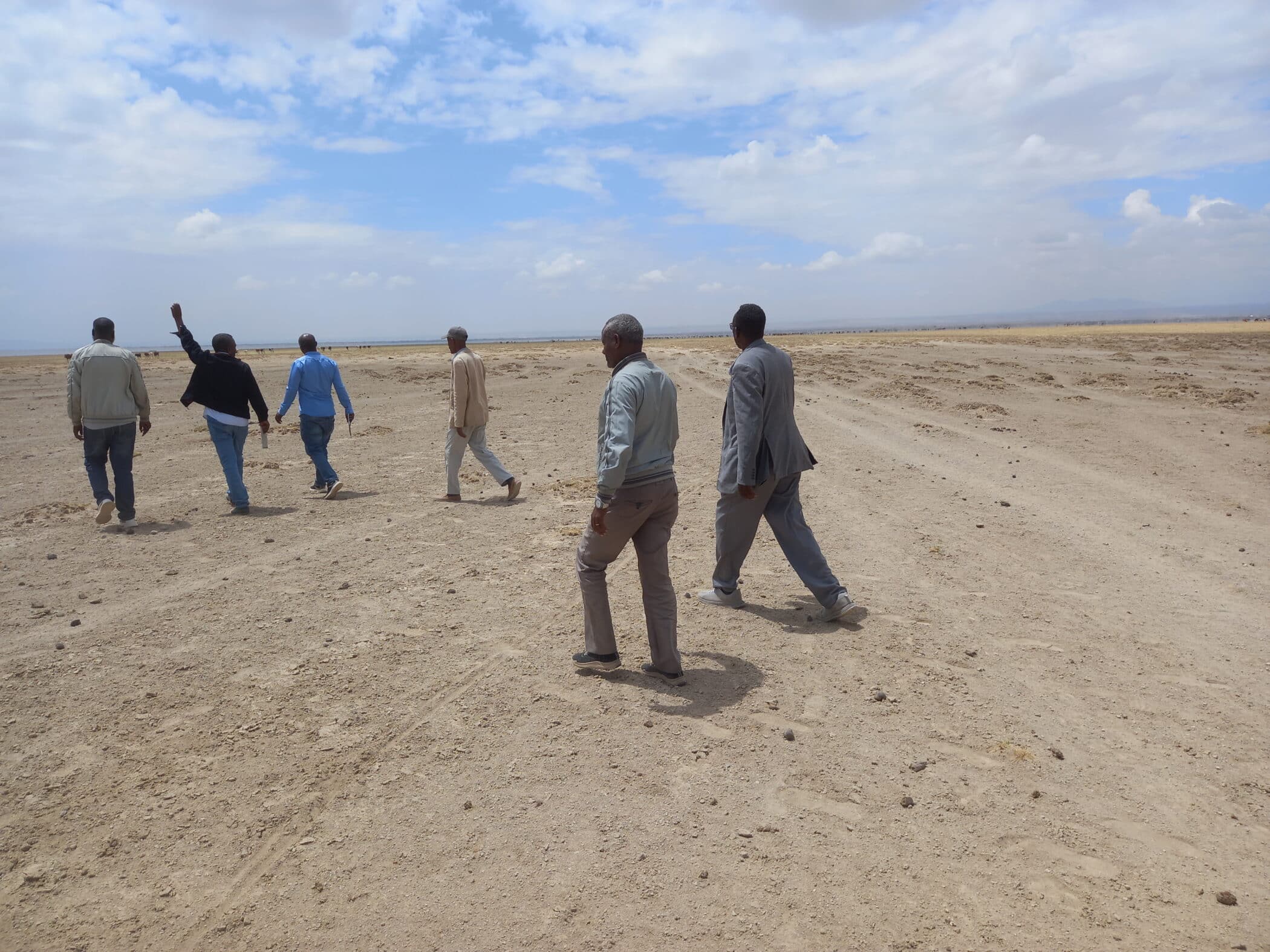
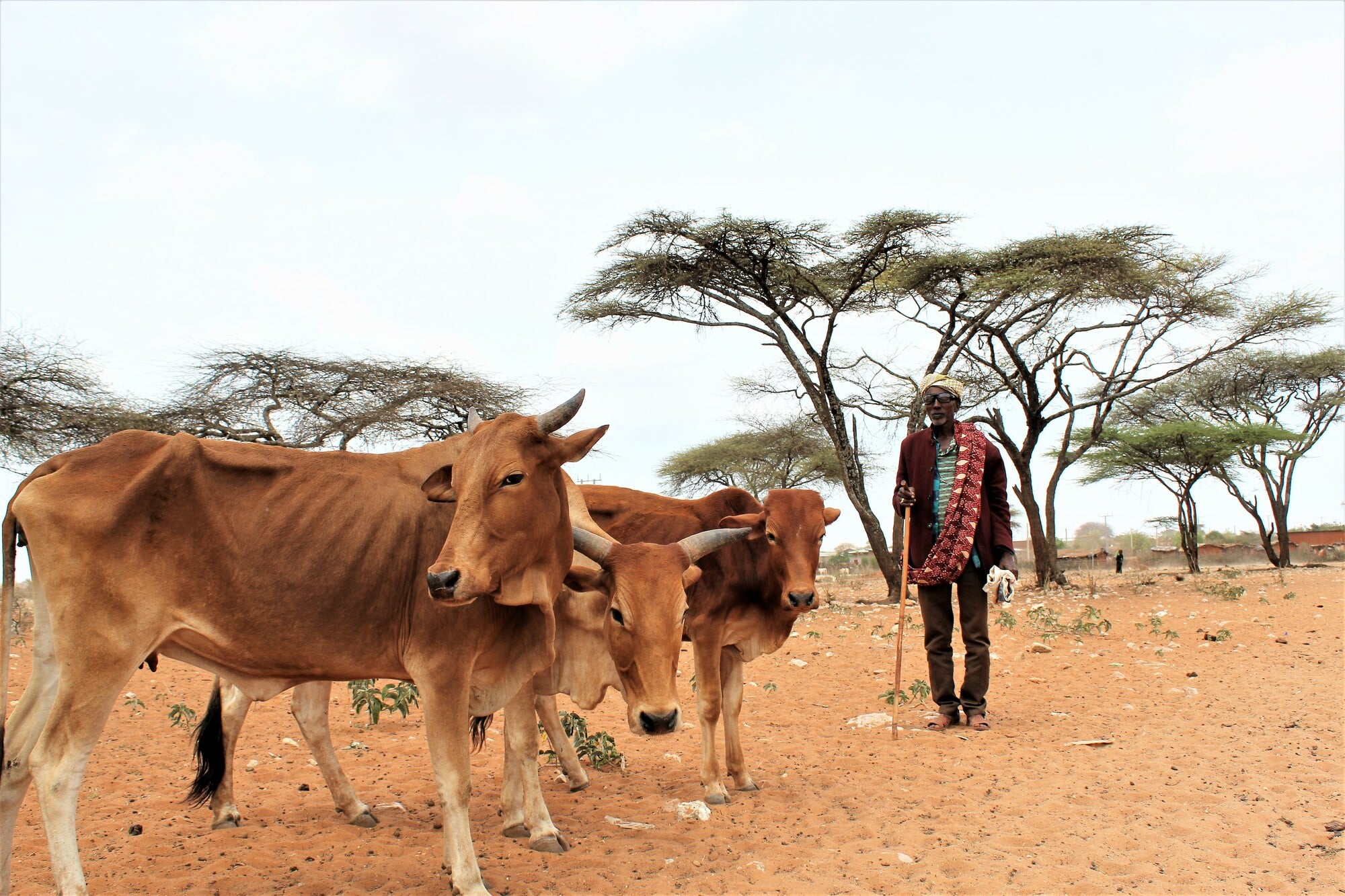
Climate change is making the situation worse, as increased temperatures, reduced rainfall and extreme weather events contribute to land degradation and cause crop failures and livestock losses.
Rural communities lack access to the expertise, materials, finance and markets they need to adapt.
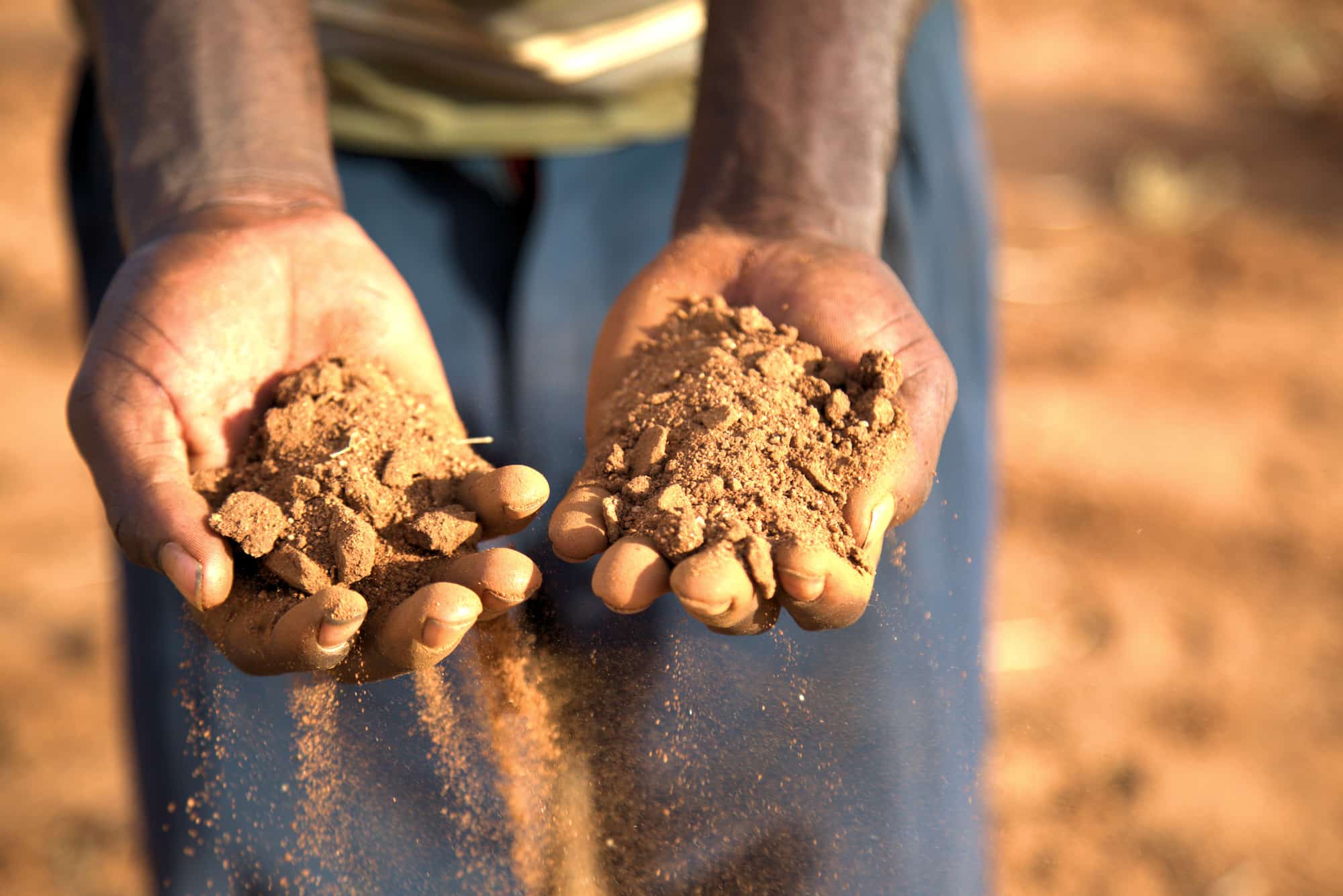
The opportunity
Finding ways to make conservation activities profitable helps rural people protect and restore land, forests and water systems while improving their livelihoods at the same time.
Implementing practices that protect ecosystems can enhance soil health and water conservation and reduce dependency on chemical inputs, leading to more sustainable and productive agriculture.
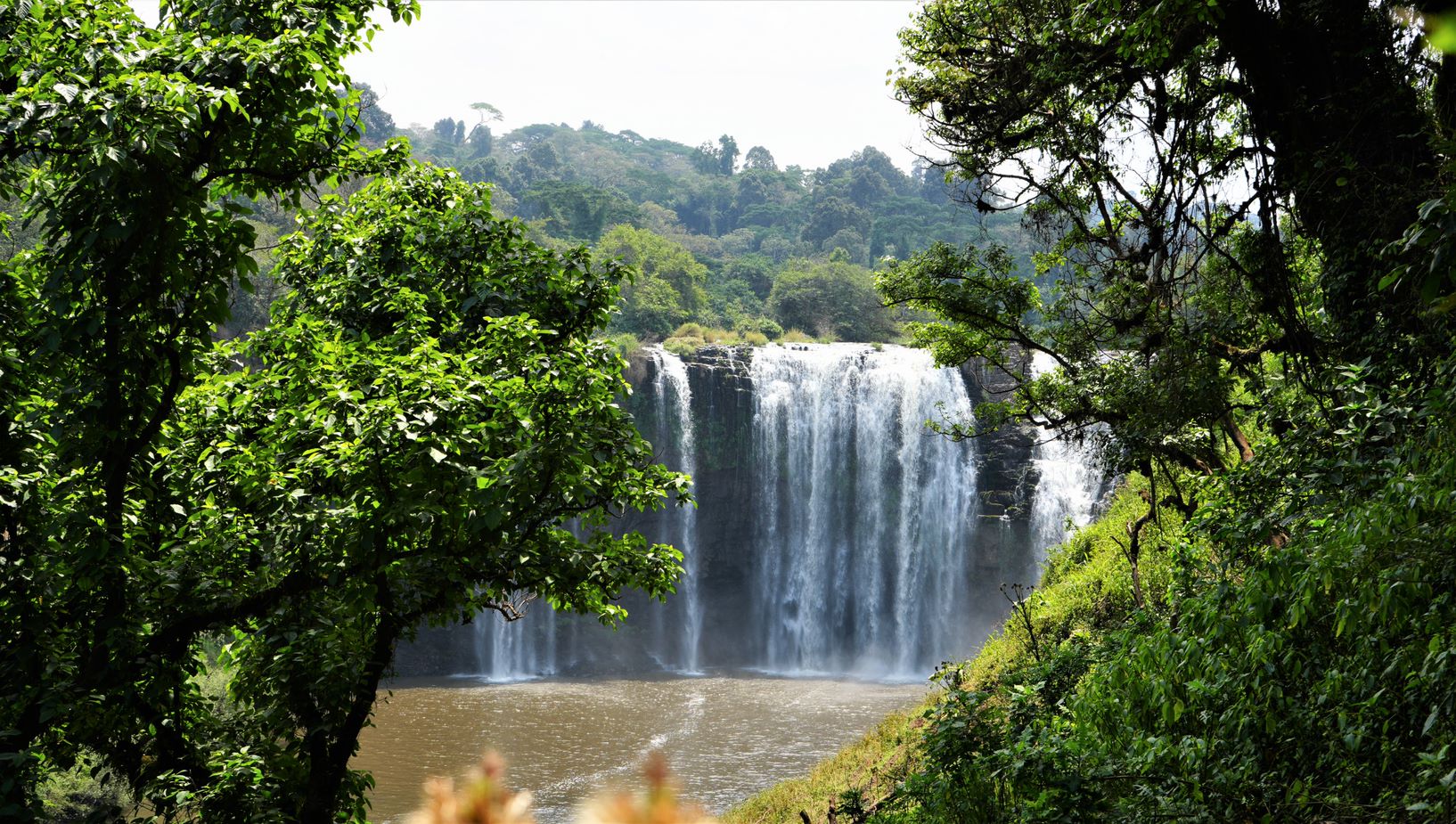
The outcome
Restoring ecosystems in partnership with local communities breaks the cycle of destruction. This approach creates new income-generating opportunities for local communities, such as through ecotourism or sustainable harvesting of non-timber forest products.
Sustainable livelihood opportunities nurture ecosystems. Farms become more productive, water supplies more stable, forests more biodiverse, grazing lands more fertile and wildlife more abundant.
That increases resilience to climate change, not just for people living locally, but for the planet we all share.

How we protect ecosystems
Farm Africa works in partnership with local people to protect ecosystems by:
- Helping communities develop landscape-scale management plans, so that improvements in one area don’t have negative impacts elsewhere.
- Establishing community-led cooperatives to manage local forests and rangelands, with bylaws to back them up.
- Helping people who protect local ecosystems, such as by planting trees on their farms, tap into schemes like carbon credits, so they can earn income from their efforts.
- Developing enterprises for natural products like forest coffee, spices and honey to give an economic incentive to protect nature.
- Providing training on climate-smart agriculture so farmers can earn more while increasing their resilience to erosion, drought and flooding.
- Supporting farmers to boost productivity of their crops and herds of livestock, rather than clearing forests for agricultural expansion and grazing.
- Promoting beekeeping to encourage the planting and protection of trees and help reverse the decline in the number of bees, which play a crucial role in pollination and maintaining biodiversity.
- Supporting people to explore sustainable alternatives to forest-sourced fuelwood and timber.
Watch
Related resources
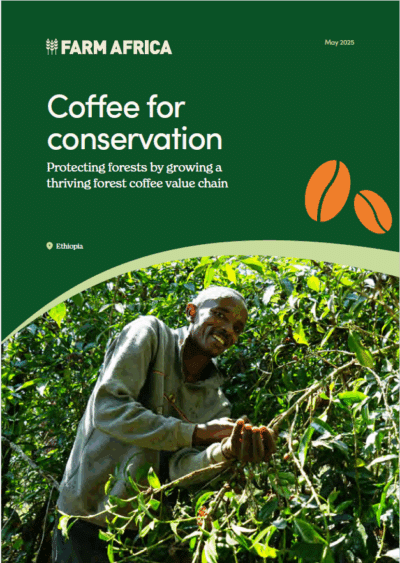
Coffee for conservation: Protecting forests by growing a thriving forest coffee value chain
More info
Country
Ethiopia
Key focus areas
Connect farmers to markets
Increase incomes
Protect ecosystems
Coffee for conservation: Protecting forests by growing a thriving forest coffee value chain
This learning paper describes how a three-year Farm Africa project in the ecologically vital Ilu Ababor Zone of Ethiopia successfully protected natural forests while improving the livelihoods of 4,000 people through sustainable coffee production and alternative income sources.
Download (1.04mb)

Country
Ethiopia
Key focus areas
Connect farmers to markets
Increase incomes
Protect ecosystems
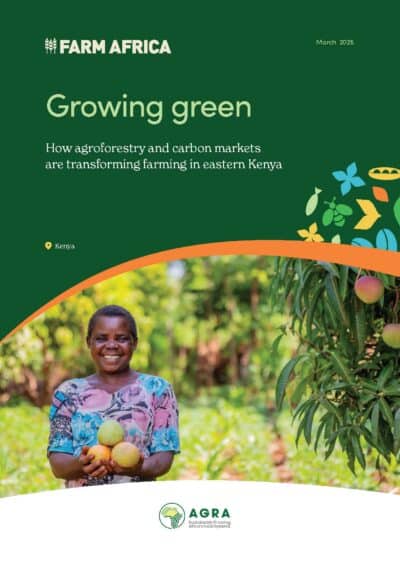
Growing green – how agroforestry and carbon markets are transforming farming in eastern Kenya
More info
Country
Kenya
Key focus areas
Act on climate change
Increase incomes
Protect ecosystems
Growing green – how agroforestry and carbon markets are transforming farming in eastern Kenya
This report charts the progress of more than 21,500 farmers in Embu and Tharaka Nithi counties in eastern Kenya who have planted trees and adopted climate-smart farming techniques.
Download (1.95mb)

Country
Kenya
Key focus areas
Act on climate change
Increase incomes
Protect ecosystems
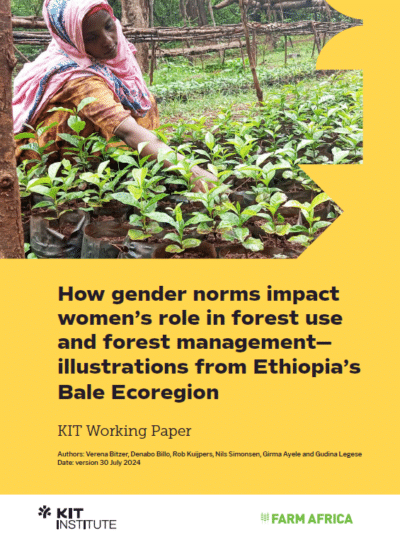
How gender norms impact women’s role in forest use and forest management – illustrations from Ethiopia’s Bale Ecoregion
More info
Country
Ethiopia
Key focus areas
Empower women
Protect ecosystems
How gender norms impact women’s role in forest use and forest management – illustrations from Ethiopia’s Bale Ecoregion
Involving rural communities is important for effective forest conservation, however, women are often excluded from playing an active role in forest-related decision-making, despite the high dependency of rural women on forest products such as fuelwood and non-timber forest products and clear evidence that women’s participation in forest management groups can result in better resource governance and conservation outcomes. This paper unravels the gender relations in rural forest dependent communities in Ethiopia by taking a closer look at the country’s Bale Ecoregion, located in the Oromia regional state.
Download (4.58mb)

Country
Ethiopia
Key focus areas
Empower women
Protect ecosystems
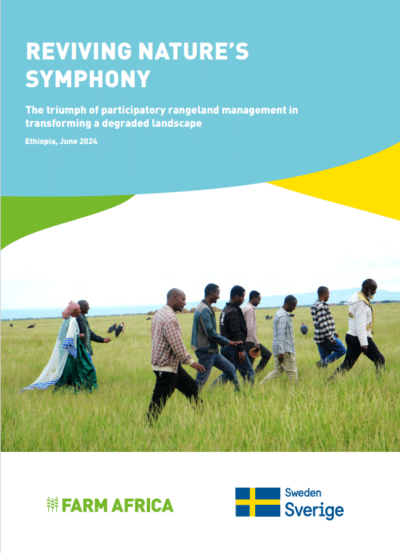
Reviving nature’s symphony: the triumph of participatory rangeland management in transforming a degraded landscape
More info
Country
Ethiopia
Key focus areas
Act on climate change
Increase food security and nutrition
Protect ecosystems
Reviving nature’s symphony: the triumph of participatory rangeland management in transforming a degraded landscape
This case story describes the success achieved by a community rangeland management cooperative in restoring degraded grasslands at Ethiopia’s Abijatta-Shalla National Park in the Great Rift Valley. The rapid transformation showcases what can be achieved by combining innovative techniques, collaborative effort and community engagement.
Download (1.95mb)

Country
Ethiopia
Key focus areas
Act on climate change
Increase food security and nutrition
Protect ecosystems
Country
Ethiopia
Key focus areas
Boost productivity
Increase incomes
Protect ecosystems
A greener future on a grand scale: a summary of the Bale Eco-region Phase II project
Ethiopia’s Bale Eco-region is an ecologically critical area and also home to many people who depend on its resources for their livelihood. Since 2014, Farm Africa has been leading a consortium to improve livelihoods in the region while ensuring the ecosystem is protected. The first phase of the project developed a management strategy for the region. Phase II (2019-2024), funded by the European Union, has scaled out the strategy to reach over 1.6 million people. This report summarises those Phase II activities and outcomes.
Download (3.96mb)
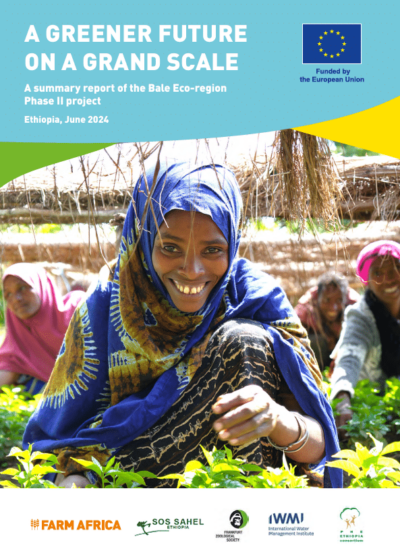
Country
Ethiopia
Key focus areas
Boost productivity
Increase incomes
Protect ecosystems
Country
Ethiopia
Key focus areas
Increase food security and nutrition
Increase incomes
Protect ecosystems
Nature-based Solutions factsheet
A four-page summary of Farm Africa’s Nature-based Solutions for Sustainable and Inclusive Development programme in Ethiopia, funded by Sida. The programme, which runs from 2023 to 2026, aims to sustainably manage forests, conserve biodiversity, build communities’ resilience to climate change and develop sustainable livelihoods through holistic nature-based solutions across six river basins in Ethiopia, clustered into three eco-regions.
Download (4.64mb)
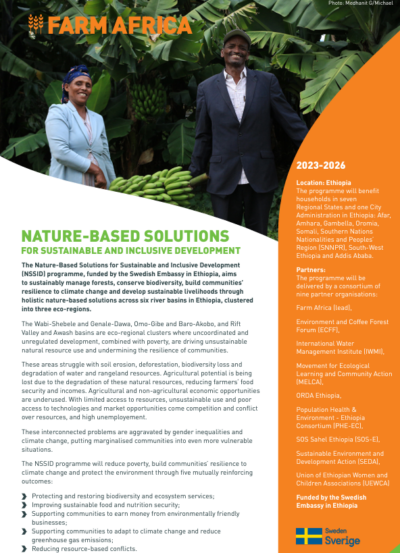
Country
Ethiopia
Key focus areas
Increase food security and nutrition
Increase incomes
Protect ecosystems

